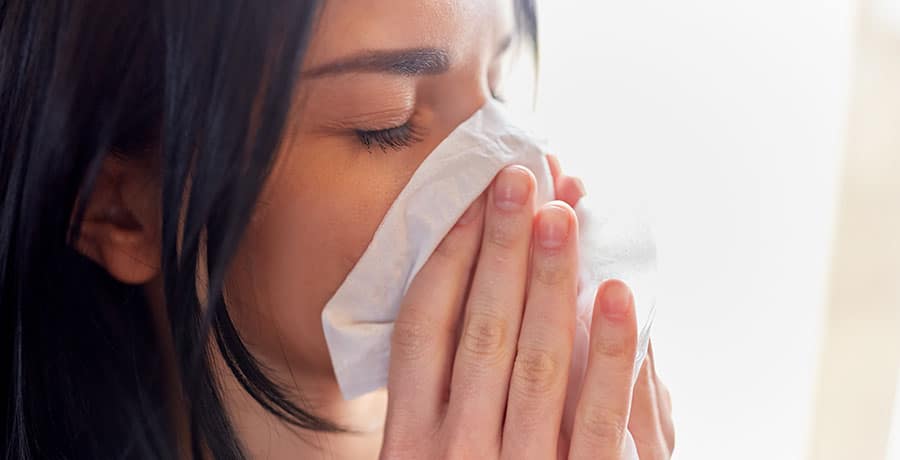
There are many surprising and unknown facts that your allergy doctor might tell you when you’ll visit him for the treatment. Some of the facts that you should know are.
Allergy facts
Check out the below mentioned allergy facts:
You Can Get Allergies from Your Own Home
Yes! You can get allergies from your home. Confused how? Well, if you have any pets and they roam round your lawn, they definitely get tiny pollens attached to its fur which then comes inside your house with your pet. You touch your pet then don’t care much about washing your hand after a gentle pat and here is where the problem begins. However, your pet isn’t the only way of causing allergies, if you have wide windows and you like keeping them open and let the air come through them, don’t forget that air also carries dust particles along. Moreover, some dust mites can also creep into your beddings and carpets. In order to keep yourself safe from such allergies these are the things you should do:
- Cover your beddings in plastic dust mite proof covers.
- Use vacuums with HEPA filter on your carpets.
- Replace carpets with washable small rugs or hardwood floor if you can.
- Keep children’s stuffed toys in a plastic cover.
- Clean your refrigerator regularly in order to avoid molds.
- Rhinitis is the Most Common Type of Allergy
It is the most common type and is experienced by most of the people with common symptoms like runny or stuffy nose, watery or itchy eyes and sneezing. Allergy rhinitis is also known as ‘Hay fever’.
Allergies Can Be Seasonal or Non-Seasonal
When you’ll visit your doctor at an allergy clinic, he would ask you that whether you experience allergic symptoms seasonally or non-seasonally. Allergy rhinitis can be seasonal which means you can experience the symptoms at a certain period of a year or can be perennial which mean you can get allergic symptoms through the year.
You Might Not Be Allergic Forever
There are some cases where people experience reduction in allergies. However, these are not very common but can be possible for anyone. If you feel that your allergies have lessened by time, visit your allergy doctor as he would run some tests on you to give the real information or might even provide some therapies that can help you to get rid of the allergies.
Some Foods Can Cause Pollen Allergies
Food and pollen allergy? Yes, some foods are linked to pollens and if you are already allergic to pollens then you are allergic to such foods as well. For example, if you have a pollen allergy then your allergy doctor would also tell you to avoid apples as they can cause itchy reaction on your lips. Some different pollen linked with different foods are; grass pollen – melons, celery, peaches, tomatoes and oranges, Birch pollen – almonds, celery, apples, cherries, pears, kiwis and hazelnuts.
Allergies Can Lead to Other Health Problems
If you are diagnosed with some chronic allergies then you are likely to develop some other health issues later in life such as:
Allergy-induced asthma – Animal dander, dust mites and mold spores can be the cause of this. however, triggers differ in various persons and when you are triggered by any of the factor, your airways are narrowed by your immune system and extra mucus is produced which results in wheezing, coughing and shortness of breath.
Fungal sinusitis – If you are already allergic then fungus can cause some problems for you such as sinusitis. Different types of sinuses are treated by different methods.
Immunotherapy is an Effective Treatment
Hate needles? Well, immunotherapy is a treatment without needles and provided at almost every allergy clinic. In this treatment, your body would be exposed to some allergens in a diluted quantity and doses are increased gradually until the therapeutic level is reached which makes your body strong enough that it develops natural resistance and eases all the allergic symptoms. There is a type of immunotherapy known as ‘Sublingual immunotherapy (SLIT)’ in which you would be told to place few drops of allergen under your tongue on a daily basis.
These are the must-know facts about allergies. You can also get to know about these from an allergy clinic Centreville VA or from your doctor.



